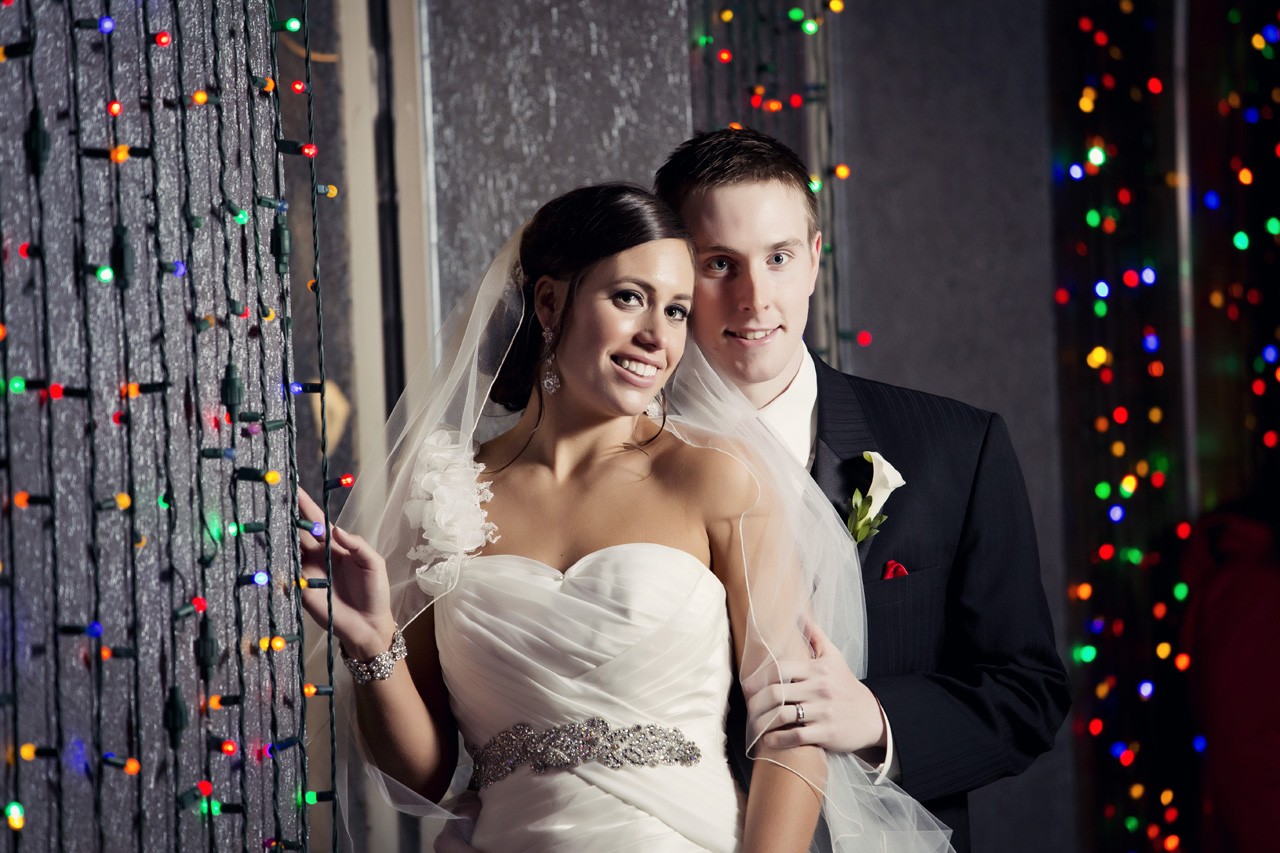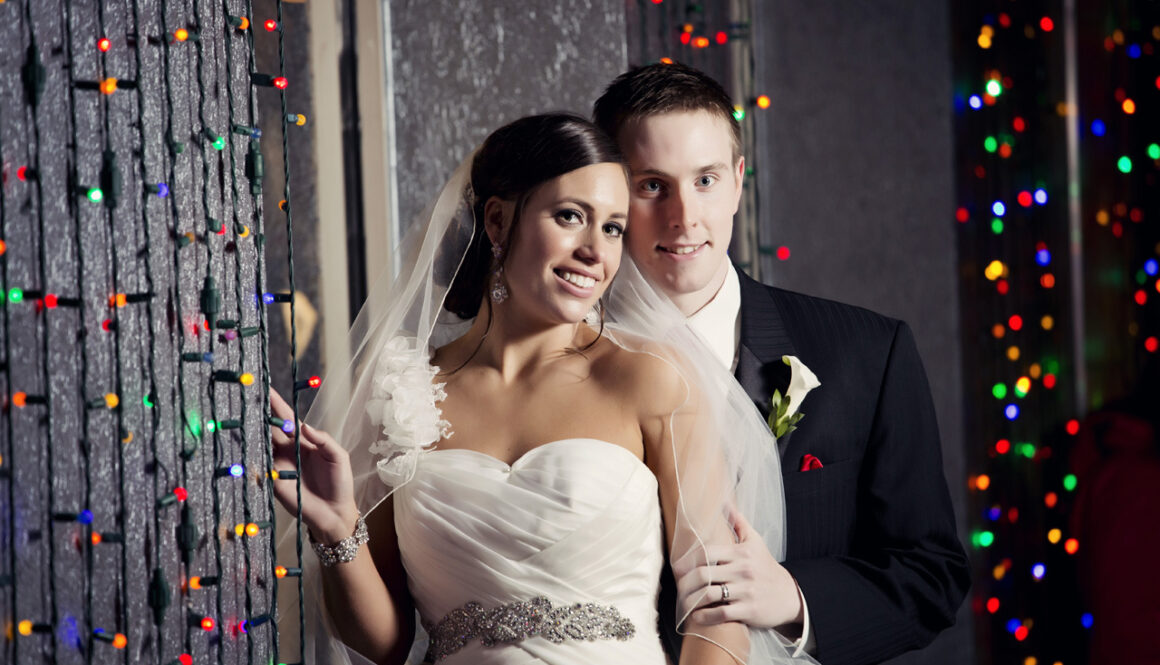How Counseling can Help People with Eating Disorders

Getting married causes anxiety for many brides. Brides want to look their best in their dream dress and for some eating disorders leading up to the big day are a very serious matter. The human mind can take a normal activity and
turn it into chaos. One good example of this is eating. The simple act of
eating in order to survive can be turned into an eating disorder, where you
have problems eating enough or too much, or are overly concerned about your
relationship with food. This can lead to obesity, starvation, or not getting
enough nutrition, among other risks.
turn it into chaos. One good example of this is eating. The simple act of
eating in order to survive can be turned into an eating disorder, where you
have problems eating enough or too much, or are overly concerned about your
relationship with food. This can lead to obesity, starvation, or not getting
enough nutrition, among other risks.
Below are a few types of eating disorders:
Anorexia Nervosa
Anorexia is an eating disorder where the
person is focused on weight loss and has a distorted body image of themselves.
Many people with anorexia are dangerously underweight, yet they feel like they
need to lose more weight to achieve their ideal body. They will eat very little
and may workout almost obsessively, and this will lead to various health
conditions. Anorexia can lead to you being dangerously underweight and frail.
Treating anorexia involves helping the individual identify and work through
their negative thoughts about their body and food, and can help restore the
individual to a healthy weight by introducing an eating and workout regimen,
and a healthier mindset around their body image.
person is focused on weight loss and has a distorted body image of themselves.
Many people with anorexia are dangerously underweight, yet they feel like they
need to lose more weight to achieve their ideal body. They will eat very little
and may workout almost obsessively, and this will lead to various health
conditions. Anorexia can lead to you being dangerously underweight and frail.
Treating anorexia involves helping the individual identify and work through
their negative thoughts about their body and food, and can help restore the
individual to a healthy weight by introducing an eating and workout regimen,
and a healthier mindset around their body image.
Bulimia Nervosa
Bulimia involves recurring sessions of eating
in excess (binge eating), and then purging the food from your body through
throwing up, or sometimes using laxatives or other medications to help expel
what you’ve just consumed. Bulimia is hard on the body, making it an eating
disorder that should be treated as soon as possible. Throwing up excessively
can damage your esophagus and teeth, and other purging behaviors can eventually
lead to thing like gastrointestinal problems, abnormal laboratory findings, and
even reduced muscle mass.
in excess (binge eating), and then purging the food from your body through
throwing up, or sometimes using laxatives or other medications to help expel
what you’ve just consumed. Bulimia is hard on the body, making it an eating
disorder that should be treated as soon as possible. Throwing up excessively
can damage your esophagus and teeth, and other purging behaviors can eventually
lead to thing like gastrointestinal problems, abnormal laboratory findings, and
even reduced muscle mass.
Binge Eating Disorder
Binge eating disorder is similar to bulimia
nervosa in that the person eats an excessive amount of food in a short period
of time. When people that have binge eating disorder have a bingeing episode,
they may eat quicker than normal, eat until they feel they’re too full, eat
despite not actually being hungry, and they may eat by themselves to hide their
embarrassment and their guilt. However, unlike bulimia nervosa, people who
suffer from binge eating disorder do not purge the food they’ve consumed. This
can lead to weight gain and other health problems.
nervosa in that the person eats an excessive amount of food in a short period
of time. When people that have binge eating disorder have a bingeing episode,
they may eat quicker than normal, eat until they feel they’re too full, eat
despite not actually being hungry, and they may eat by themselves to hide their
embarrassment and their guilt. However, unlike bulimia nervosa, people who
suffer from binge eating disorder do not purge the food they’ve consumed. This
can lead to weight gain and other health problems.
These are the main types of eating disorders,
and there are more out there. So how does counseling help with eating
disorders?
and there are more out there. So how does counseling help with eating
disorders?
Replacing Negative Thoughts
Cognitive behavioral therapy, or CBT, involves
reprogramming your mind to first identify and then replace your negative
thoughts with more positive ones. For example, if you have anorexia, your mind
may constantly be overrun with thoughts that your body looks overweight, or is
undesirable as it is. CBT can help replace those thoughts with more positive
and encouraging ones.
reprogramming your mind to first identify and then replace your negative
thoughts with more positive ones. For example, if you have anorexia, your mind
may constantly be overrun with thoughts that your body looks overweight, or is
undesirable as it is. CBT can help replace those thoughts with more positive
and encouraging ones.
Acceptance and Commitment Therapy
When you have an eating disorder, you will
experience various negative emotions that will bring you down emotionally.
Acceptance and Commitment Therapy, or ACT, is when you are aware of your
emotions and you accept them for what they are.
experience various negative emotions that will bring you down emotionally.
Acceptance and Commitment Therapy, or ACT, is when you are aware of your
emotions and you accept them for what they are.
Dialectical Behavioral Therapy
Dialectical behavioral therapy, or DBT,
involves using individual psychotherapy techniques and group skills training
classes to help you learn how to deal with your emotions. One of the modules in
the skills training emphasizes mindfulness, which involves you being aware of
and participating in the present. You don’t dwell on your past and your
experiences with eating disorders, and you don’t worry about the future of your
eating disorder. Instead, you concentrate on the present and be aware of how
your body is working in this moment. Mindfulness can help with many mental
health conditions, not just eating disorders.
involves using individual psychotherapy techniques and group skills training
classes to help you learn how to deal with your emotions. One of the modules in
the skills training emphasizes mindfulness, which involves you being aware of
and participating in the present. You don’t dwell on your past and your
experiences with eating disorders, and you don’t worry about the future of your
eating disorder. Instead, you concentrate on the present and be aware of how
your body is working in this moment. Mindfulness can help with many mental
health conditions, not just eating disorders.
Counseling Helps When You Experience a Setback
As you’re recovering from your eating
disorder, you may experience a bit of a relapse. You may go through a round of
binge eating after a while, or go a day not eating anything at all, when you’re
currently working on eating on a regular schedule. When this happens, you may
lose some motivation and instead, go back to your eating disorder behaviors. A
therapist can be there when you relapse, and help you get back on the right
track.
disorder, you may experience a bit of a relapse. You may go through a round of
binge eating after a while, or go a day not eating anything at all, when you’re
currently working on eating on a regular schedule. When this happens, you may
lose some motivation and instead, go back to your eating disorder behaviors. A
therapist can be there when you relapse, and help you get back on the right
track.
Counseling is Available at Any Time
Online counseling can help those who don’t
have the time or the transportation to go to regular counseling sessions.
Whenever you’re dealing with an episode, online counseling is a way to help
cope with your problems instantly and prevent a relapse.
have the time or the transportation to go to regular counseling sessions.
Whenever you’re dealing with an episode, online counseling is a way to help
cope with your problems instantly and prevent a relapse.
There are many online counseling services
available if you want to get started in treating your eating disorder. If you
want to learn more about online therapy, click here.
Eating disorders are hard to deal with, but with the help of a
professional, you can be able to fix your eating habits and live a healthier
life.
available if you want to get started in treating your eating disorder. If you
want to learn more about online therapy, click here.
Eating disorders are hard to deal with, but with the help of a
professional, you can be able to fix your eating habits and live a healthier
life.
Marie Miguel Biography

Marie Miguel
has been a writing and research expert for nearly a decade, covering a variety
of health- related topics. Currently, she is contributing to the expansion and
growth of a free online mental health resource with BetterHelp.com. With an interest
and dedication to addressing stigmas associated with mental health, she
continues to specifically target subjects related to anxiety and depression.
has been a writing and research expert for nearly a decade, covering a variety
of health- related topics. Currently, she is contributing to the expansion and
growth of a free online mental health resource with BetterHelp.com. With an interest
and dedication to addressing stigmas associated with mental health, she
continues to specifically target subjects related to anxiety and depression.
Photo Credit: A Thousand Words Photography
For help planning your perfect wedding contact tracie@yourethebride.com or call 248-408-4602
For help planning your perfect wedding contact tracie@yourethebride.com or call 248-408-4602
Visit our website at www.yourethebride.com and “LIKE” our Facebook page at www.facebook.com/yourethebride

